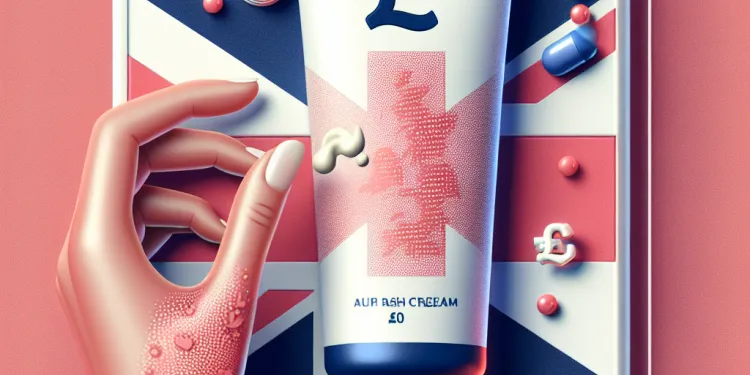
Find Help
More Items From Ergsy search
-
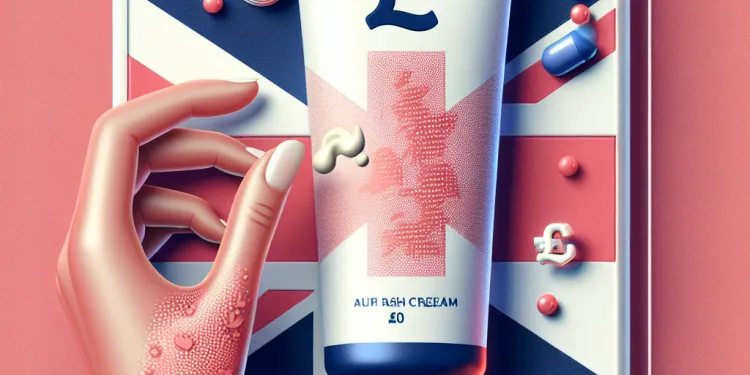
Is there a cure for eczema?
Relevance: 100%
-

What is eczema? General Information
Relevance: 64%
-

What treatments are available for eczema?
Relevance: 62%
-

Can diet affect eczema?
Relevance: 60%
-

Is eczema contagious?
Relevance: 59%
-

What are the main types of eczema?
Relevance: 58%
-

What causes eczema?
Relevance: 56%
-

Eczema - Your child's appointment | Dermatology | Paediatrics
Relevance: 54%
-

Who is at risk of developing eczema?
Relevance: 54%
-
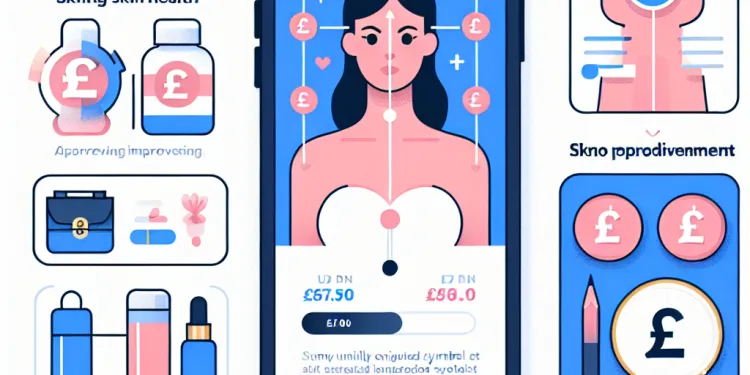
Can eczema improve with age?
Relevance: 54%
-
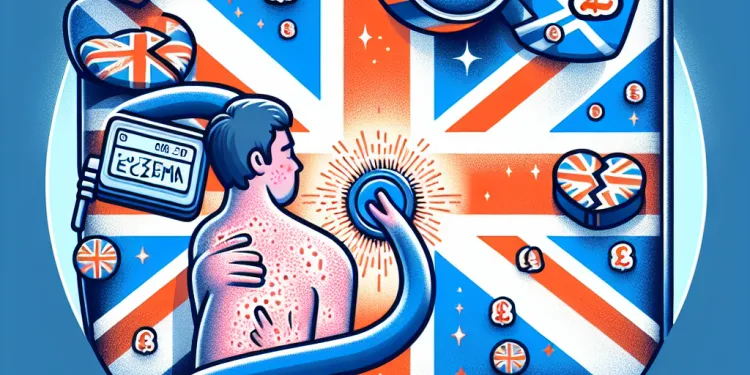
How can eczema be diagnosed?
Relevance: 53%
-

Are there any home remedies for eczema?
Relevance: 53%
-

Factors that trigger eczema in your child
Relevance: 52%
-

Managing and treating your child's eczema
Relevance: 51%
-

Is there a cure for psoriasis?
Relevance: 50%
-

How can I prevent eczema flare-ups?
Relevance: 50%
-

Can dust mites cause asthma and eczema?
Relevance: 46%
-
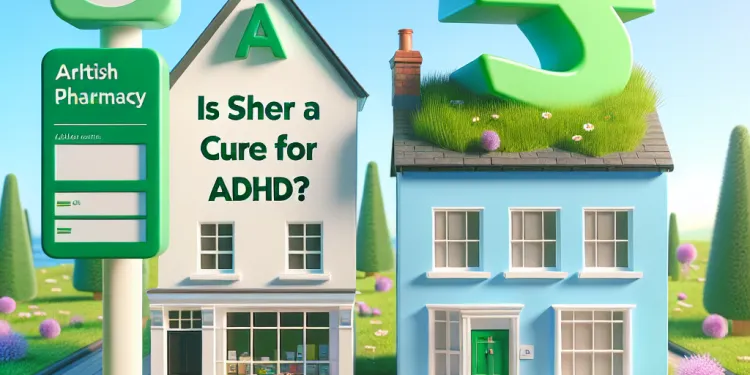
Is there a cure for ADHD?
Relevance: 42%
-

Can autism be cured?
Relevance: 42%
-

Is there a cure for dementia?
Relevance: 41%
-

Can tinnitus be cured?
Relevance: 41%
-

Can asthma be cured?
Relevance: 40%
-

Can sleep apnea be cured?
Relevance: 40%
-

Can Huntington's disease be cured?
Relevance: 39%
-
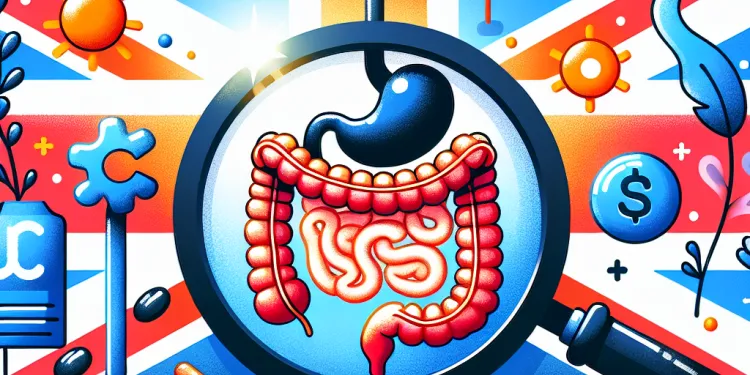
Is there a cure for Crohn's disease?
Relevance: 39%
-

What are common symptoms of eczema?
Relevance: 39%
-
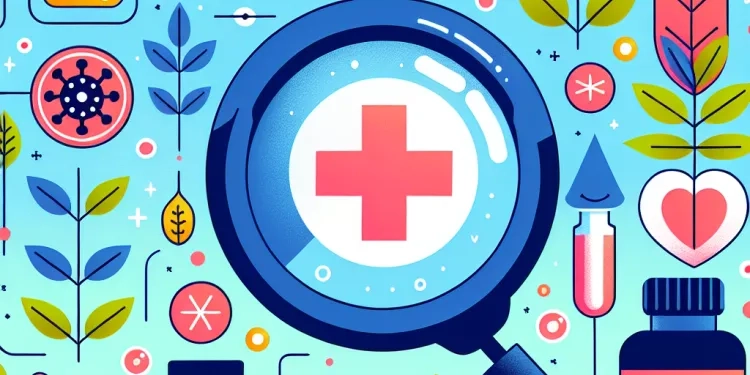
What is the principle of 'like cures like'?
Relevance: 38%
-

Is there a cure for motor neurone disease?
Relevance: 38%
-

Is there a way to cure a cold quickly?
Relevance: 38%
-

Is there a cure for nut allergies?
Relevance: 37%
-

How does weather affect eczema?
Relevance: 37%
-

Is there a cure for cold sores?
Relevance: 37%
-

Is there a cure for Nipah Virus?
Relevance: 36%
-

Can HIV be cured?
Relevance: 35%
-
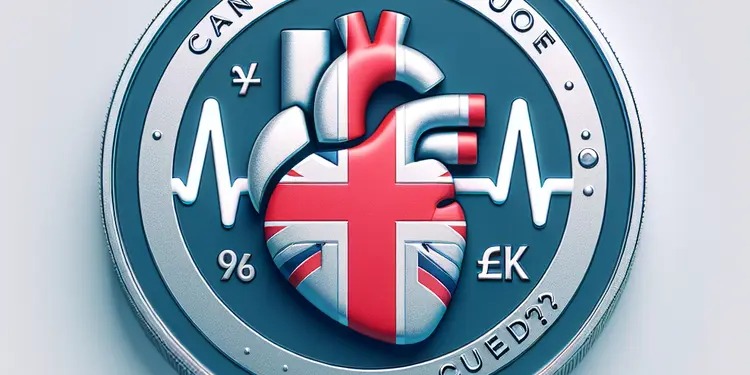
Can heart failure be cured?
Relevance: 34%
-

Does Abiraterone cure prostate cancer?
Relevance: 33%
-

Has aspirin been proven to cure colorectal cancer?
Relevance: 31%
-

Is there a cure for chronic fatigue syndrome?
Relevance: 31%
-
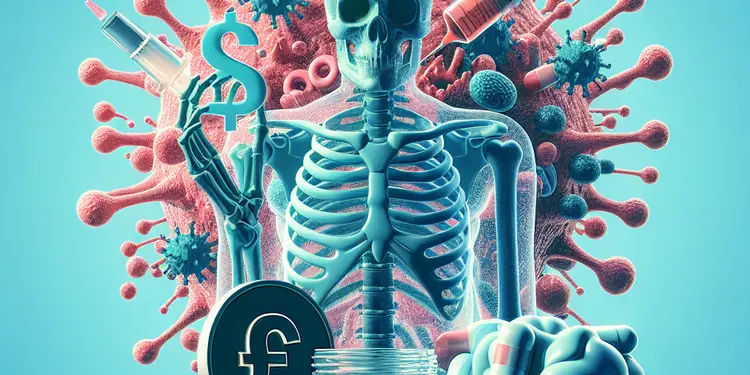
Can antibiotics alone cure flesh-eating disease?
Relevance: 29%
-
Is there a cure for dementia?
Relevance: 28%
Understanding Eczema
Eczema, also known as atopic dermatitis, is a chronic skin condition characterized by dry, itchy, and inflamed skin. It is a common ailment, affecting both children and adults, with varying degrees of severity. The exact cause of eczema is not fully understood, but it is believed to be linked to genetic factors, immune system responses, and environmental triggers.
Current Treatments for Eczema
While there is no cure for eczema, there are several treatments available that can help manage symptoms and improve quality of life. Topical treatments, such as corticosteroid creams and moisturizers, are commonly used to reduce inflammation and relieve itching. In more severe cases, systemic treatments like oral corticosteroids or immunosuppressants may be prescribed by healthcare professionals.
Phototherapy is another option, where controlled exposure to ultraviolet light helps reduce symptoms for some individuals. Additionally, newer treatments involving biologics, such as monoclonal antibodies, have shown promise in targeting specific immune responses associated with eczema. However, these treatments are typically reserved for those with severe forms of the condition.
Lifestyle and Dietary Considerations
Aside from medical treatments, lifestyle and dietary changes can play a crucial role in managing eczema symptoms. Individuals are advised to avoid known irritants, such as harsh soaps, synthetic fabrics, and allergens. Maintaining a regular moisturizing routine can help keep the skin barrier intact and reduce flare-ups.
Dietary changes can also be beneficial, as some individuals may have food sensitivities that exacerbate their symptoms. However, dietary modifications should be approached with caution and ideally be guided by a healthcare professional or a registered dietitian.
Ongoing Research and Future Possibilities
Research into eczema is ongoing, with scientists aiming to better understand the underlying causes and develop more effective treatments. Advances in genetic research and immunology are paving the way for novel therapies that may offer more targeted and long-lasting relief for eczema sufferers in the future.
In the UK, government and private sector funding continue to support research efforts, focusing not only on treatments but also on preventive measures and education. While a definitive cure remains elusive, the hope is that continued research will eventually lead to breakthroughs that significantly alter the management of eczema.
Conclusion
Currently, there is no cure for eczema, but a combination of medical treatments, lifestyle adjustments, and ongoing research efforts provide hope for those affected by this condition. It is important for individuals with eczema to work closely with healthcare providers to tailor a management plan that best suits their needs, ensuring that they can lead comfortable and fulfilling lives.
Understanding Eczema
Eczema is a skin problem. It makes the skin dry, itchy, and red. Both kids and adults can have it. We do not know exactly what causes eczema. It might be due to genes, the body's defense system, and things around us like dust or weather.
Current Treatments for Eczema
There is no cure for eczema, but we can help the skin feel better. Creams and lotions can help reduce the itchiness and redness. People might use special creams like corticosteroid cream. For worse eczema, doctors might give pills.
Some people use light therapy. This is when a special light shines on the skin to help it feel better. New treatments are also being studied for people with bad eczema. These are usually for people with severe eczema.
Lifestyle and Dietary Considerations
Changing how we live can help manage eczema. Avoid things that make the skin worse, like strong soaps or rough clothes. Moisturizing the skin often can help keep it healthy.
Some foods might make eczema worse in some people. It’s important to talk to a doctor or nutrition expert about this. They can help figure out which foods are okay to eat.
Ongoing Research and Future Possibilities
Scientists are working hard to learn more about eczema. They want to find new and better ways to help people with eczema. In the UK, there is support for research to find better treatments and ways to stop eczema before it starts. Even though we do not have a cure yet, we hope future research will help even more.
Conclusion
There is no cure for eczema now. But using medicine, changing habits, and new research can help people live better with eczema. It is important to work with doctors to find the best plan for each person. This way, people with eczema can live happy and comfortable lives.
Frequently Asked Questions
Is there a cure for eczema?
As of now, there is no known cure for eczema, but treatments are available to manage symptoms.
What treatments are available for eczema if there's no cure?
Treatments include moisturizing lotions, topical steroids, antihistamines, and lifestyle changes to manage triggers.
Can diet changes help with eczema management?
Dietary changes, such as eliminating certain allergens or anti-inflammatory foods, may help some individuals manage eczema symptoms.
Are natural remedies effective for eczema?
Some natural remedies like coconut oil, aloe vera, and oatmeal baths may soothe symptoms, but they do not cure eczema.
How can I prevent eczema flare-ups?
Identifying and avoiding triggers, keeping the skin moisturized, and maintaining a proper skin care routine can help prevent flare-ups.
Is eczema the same as atopic dermatitis?
Atopic dermatitis is the most common form of eczema, but eczema is a term that encompasses various inflammatory skin conditions.
Can stress cause eczema?
Stress does not directly cause eczema, but it can trigger or worsen symptoms in some individuals.
Is eczema contagious?
No, eczema is not contagious and cannot be spread from person to person.
What role do allergies play in eczema?
Allergies can trigger eczema flare-ups in some people, and managing allergies may help in controlling symptoms.
Can children outgrow eczema?
Many children may see their eczema improve and even clear up as they grow older, but some may continue to have symptoms into adulthood.
Are there experimental treatments for eczema being researched?
Yes, ongoing research includes biologics, new topical treatments, and other medications that target the immune system.
Does weather affect eczema?
Yes, extreme weather conditions, such as dry winter air or hot and humid climates, can exacerbate eczema symptoms.
How important is skin hydration for eczema sufferers?
Keeping the skin well-hydrated is crucial as it helps maintain the skin barrier and reduces flare-ups.
Are there latest advancements in eczema treatment?
Recent advancements include biologic drugs and new non-steroid topical medications that target specific pathways in the immune system.
Can eczema be linked to other health conditions?
Eczema is often associated with other conditions like asthma and hay fever, a combination known as the atopic triad.
Is there a genetic component to eczema?
Yes, genetics play a role in eczema, and a family history of eczema, asthma, or allergies increases the risk.
How do I know what triggers my eczema?
Keeping a journal of diet, activities, and environmental factors can help identify triggers over time.
Can eczema affect mental health?
Eczema can impact mental health by causing stress, anxiety, and lowered self-esteem due to its visible symptoms.
Why is there no cure for eczema yet?
Eczema is complex, with genetic, environmental, and immune system factors, making it challenging to find a singular cure.
Should I see a dermatologist for eczema?
Yes, a dermatologist can provide a comprehensive treatment plan tailored to the severity and triggers of your eczema.
Can eczema be fixed?
Eczema is a skin problem that makes skin red, itchy, and dry.
Right now, there is no cure for eczema. This means it cannot be fully fixed.
But there are ways to help make it better:
- Using special creams to stop itching and redness.
- Taking baths with gentle soap.
- Wearing soft clothes to avoid skin irritation.
If you have eczema, you can talk to a doctor. They can help find the best way to make your skin feel better.
Right now, there is no way to completely get rid of eczema, but there are things that can help with the itchy and sore skin.
What can help with eczema if it can't be cured?
Eczema is a skin problem. You can't make it go away forever, but there are things to help. Here are some ideas:
- Creams and Lotions: Use special creams to make your skin feel better.
- Baths: Take warm baths and use gentle soap to keep your skin clean.
- Stay Away from Triggers: Try to find out what makes your skin itchy and avoid those things.
- Wear Soft Clothes: Use soft clothes that don't scratch your skin.
- Ask a Doctor: A doctor can give you medicine if you need it.
Try these tips to help your skin feel better.
Treatments can help make your skin feel better. You can use creams to keep your skin soft, medicines to rub on itchy areas, and pills to stop itching. Changing some things you do every day can also help. This means avoiding things that make your skin problem worse. If reading is tricky, you can use tools like audiobooks or text-to-speech apps.
Can changing what you eat help with eczema?
Changing what you eat can help some people with eczema. Try taking out foods that cause allergies or swelling.
Do natural treatments help eczema?
Things like coconut oil, aloe vera, and oatmeal baths can help make eczema feel better. But they do not make eczema go away.
How can I stop eczema from getting worse?
Eczema is when your skin gets red and itchy. Here are some tips to help you keep your skin happy:
- Keep Skin Moist: Put lotion on your skin every day.
- Avoid Scratching: Try not to scratch your skin. If it itches, you can gently tap it instead.
- Use Gentle Soap: Wash with soap that is soft on your skin.
- Wear Soft Clothes: Wear clothes made from cotton. They feel nice on your skin.
- Stay Cool: Try not to get too hot or sweaty.
- Eat Healthy: Eat lots of fruits and vegetables to help your skin.
Ask a grown-up or doctor if you need help. They may have more ways to help you feel better!
Find out what makes your skin worse and try to stay away from these things. Keep your skin soft by using lotion. Take care of your skin every day. This will help stop skin problems.
Is eczema the same as atopic dermatitis?
Eczema and atopic dermatitis are the same thing. It's a skin problem that makes your skin red and itchy.
Tips that might help:
- Ask an adult if you're unsure about a word.
- Use pictures or videos to learn more about eczema.
- Try using a text-to-speech tool to read the text out loud.
Atopic dermatitis is a type of eczema. Eczema means different skin problems that make your skin red and itchy.
Can stress make eczema worse?
Yes, stress can make eczema worse. When you feel stressed, your skin might get more itchy and red. Try to stay calm and happy.
Here are some tips to help:
- Take deep breaths to relax.
- Listen to your favorite music.
- Do something fun, like drawing or playing outside.
- Talk to someone if you feel stressed.
Stress does not make eczema happen, but it can make it worse for some people.
Can you catch eczema from someone else?
No, you cannot catch eczema from another person. Eczema is not like a cold or the flu. It does not spread from one person to another.
If you have itchy or red skin, talk to a doctor for help. They can tell you how to care for your skin.
Use gentle soap and lotion to keep your skin soft. Wear soft clothes to feel more comfortable.
No, you cannot catch eczema from other people. It does not spread from one person to another.
How are allergies and eczema linked?
Sometimes, allergies can make eczema worse. If you manage your allergies, it might help keep eczema better.
Do children stop having eczema as they get older?
Some children do not have eczema when they grow up. They might feel better as they get older.
If you have eczema, you can do things to help your skin. Use lotion to keep your skin soft. Try not to scratch if your skin is itchy.
To help understand more about eczema, you can ask a doctor or use helpful tools like picture books.
Some kids find that their skin gets better as they grow up. Their eczema might even go away. But for some, itchy skin problems can last even when they are grown up.
Are there new treatments for eczema being studied?
Scientists are looking for new ways to help people with eczema. These new ideas are called experimental treatments.
Here is how you can understand more:
- Ask your doctor about new treatments they know about.
- Look for easy-to-read books or websites about eczema.
- Use apps that explain medical stuff in a simple way.
- Ask a friend or family member to help you understand.
Yes, doctors are still working on new ways to help. They are looking at special medicines called biologics, creams and lotions, and other drugs that help the body's defense system.
Does weather affect eczema?
Does the weather change how eczema feels?
Eczema is when your skin gets red, itchy, and sometimes sore. The weather can make eczema better or worse.
Here are some ways weather can affect eczema:
- Hot Weather: When it's hot, sweat can make eczema itchy. Try to stay cool.
- Cold Weather: When it's cold, skin can get dry. Use lotion to keep your skin soft.
- Windy Weather: Wind can make your skin feel dry and sore. Wear protective clothing if it's windy.
To help with eczema, here are some tips:
- Put lotion on your skin every day.
- Wear soft clothes that don't itch.
- Ask for help from a doctor if it gets worse.
You can use pictures to understand this better and talk to someone if you need help.
Yes, very hot or very cold weather can make eczema worse.
Why is keeping skin moist important for people with eczema?
People with eczema need to keep their skin moist. This helps stop itching and makes the skin feel better.
Here are some tips to help:
- Use gentle creams or lotions often.
- Put them on right after a bath or shower.
- Drink lots of water to keep skin healthy.
It is important to keep your skin wet and soft. This helps your skin stay strong and healthy. It also helps stop skin problems from happening.
What are the newest ways to help itchy skin?
Scientists have made some new and exciting medicines. These include special medicines called biologic drugs. There are also new creams and ointments that are not made from steroids. These new treatments help by focusing on certain parts of the body's defense system.
Is eczema connected to other health problems?
Eczema is a skin condition that makes your skin dry, itchy, and red. It can also be linked to other health problems:
- Allergies: Some people with eczema have allergies to things like food or pollen.
- Asthma: People with eczema might also have asthma, which makes it hard to breathe.
- Hay fever: Eczema can be connected to hay fever, which makes you sneeze and have a runny nose.
If you have eczema, talk to your doctor. They can help you. They might suggest using creams, taking medicines, or making lifestyle changes to feel better.
Remember, you are not alone, and help is available!
Eczema is a skin problem. People with eczema often have asthma and hay fever too. This is called the atopic triad.
Can eczema be passed down from parents?
Eczema is a skin problem. Some people get eczema because their parents had it too. This means it can run in families. If you have eczema, it might be because of your family's genes.
Supportive Tools:
- Look at pictures of eczema to understand what it looks like.
- Talk to a doctor or nurse if you have questions about eczema.
Yes, genes can cause eczema. If other people in your family have eczema, asthma, or allergies, you might have a higher chance of getting eczema too.
How can I tell what makes my eczema worse?
Writing down what you eat, what you do, and what happens around you can help you find out what causes problems. Try doing this every day to see patterns.
Can eczema make you feel upset or sad?
Eczema can be uncomfortable and itchy. It might also make you feel upset, sad, or worried. This is normal.
Here are some ways to help:
- Talk to someone you trust about how you feel. This could be a friend or family member.
- Try activities that help you relax, like drawing or listening to music.
- If you feel very sad or worried, tell a doctor or a mental health helper.
Eczema can make people feel upset. It can cause stress and worry. Eczema can also make people feel bad about themselves because it shows on the skin.
Why isn't eczema gone for good?
Eczema is an illness that makes your skin itchy and red. Doctors are working hard to find a way to make it go away forever. But, this is still very tricky. Everyone's eczema is a little bit different, so it's hard to find one solution that works for everyone.
If you have eczema, you can do things to feel better. Here are some tips:
- Use creams and lotions every day to keep your skin soft.
- Try not to scratch. You can ask an adult for help if it's hard.
- If something makes your skin worse, like certain soaps or clothes, try to avoid them.
Doctors continue to study eczema to find better treatments. Don't worry, you are not alone, and there are ways to help you feel better right now!
Eczema is a skin problem. It happens for different reasons. It can be because of your genes, things around you, or your immune system. This means it can be hard to find one simple cure for it.
Do I need to see a skin doctor for eczema?
Yes, a skin doctor can help you with a plan to treat your eczema. They will make a plan that works for you based on how bad your eczema is and what makes it worse.
Useful Links
This website offers general information and is not a substitute for professional advice.
Always seek guidance from qualified professionals.
If you have any medical concerns or need urgent help, contact a healthcare professional or emergency services immediately.
Some of this content was generated with AI assistance. We’ve done our best to keep it accurate, helpful, and human-friendly.
- Ergsy carfully checks the information in the videos we provide here.
- Videos shown by Youtube after a video has completed, have NOT been reviewed by ERGSY.
- To view, click the arrow in centre of video.
- Most of the videos you find here will have subtitles and/or closed captions available.
- You may need to turn these on, and choose your preferred language.
- Go to the video you'd like to watch.
- If closed captions (CC) are available, settings will be visible on the bottom right of the video player.
- To turn on Captions, click settings .
- To turn off Captions, click settings again.
More Items From Ergsy search
-

Is there a cure for eczema?
Relevance: 100%
-

What is eczema? General Information
Relevance: 64%
-

What treatments are available for eczema?
Relevance: 62%
-

Can diet affect eczema?
Relevance: 60%
-

Is eczema contagious?
Relevance: 59%
-

What are the main types of eczema?
Relevance: 58%
-

What causes eczema?
Relevance: 56%
-

Eczema - Your child's appointment | Dermatology | Paediatrics
Relevance: 54%
-

Who is at risk of developing eczema?
Relevance: 54%
-

Can eczema improve with age?
Relevance: 54%
-

How can eczema be diagnosed?
Relevance: 53%
-

Are there any home remedies for eczema?
Relevance: 53%
-

Factors that trigger eczema in your child
Relevance: 52%
-

Managing and treating your child's eczema
Relevance: 51%
-

Is there a cure for psoriasis?
Relevance: 50%
-

How can I prevent eczema flare-ups?
Relevance: 50%
-

Can dust mites cause asthma and eczema?
Relevance: 46%
-

Is there a cure for ADHD?
Relevance: 42%
-

Can autism be cured?
Relevance: 42%
-

Is there a cure for dementia?
Relevance: 41%
-

Can tinnitus be cured?
Relevance: 41%
-

Can asthma be cured?
Relevance: 40%
-

Can sleep apnea be cured?
Relevance: 40%
-

Can Huntington's disease be cured?
Relevance: 39%
-

Is there a cure for Crohn's disease?
Relevance: 39%
-

What are common symptoms of eczema?
Relevance: 39%
-

What is the principle of 'like cures like'?
Relevance: 38%
-

Is there a cure for motor neurone disease?
Relevance: 38%
-

Is there a way to cure a cold quickly?
Relevance: 38%
-

Is there a cure for nut allergies?
Relevance: 37%
-

How does weather affect eczema?
Relevance: 37%
-

Is there a cure for cold sores?
Relevance: 37%
-

Is there a cure for Nipah Virus?
Relevance: 36%
-

Can HIV be cured?
Relevance: 35%
-

Can heart failure be cured?
Relevance: 34%
-

Does Abiraterone cure prostate cancer?
Relevance: 33%
-

Has aspirin been proven to cure colorectal cancer?
Relevance: 31%
-

Is there a cure for chronic fatigue syndrome?
Relevance: 31%
-

Can antibiotics alone cure flesh-eating disease?
Relevance: 29%
-
Is there a cure for dementia?
Relevance: 28%


